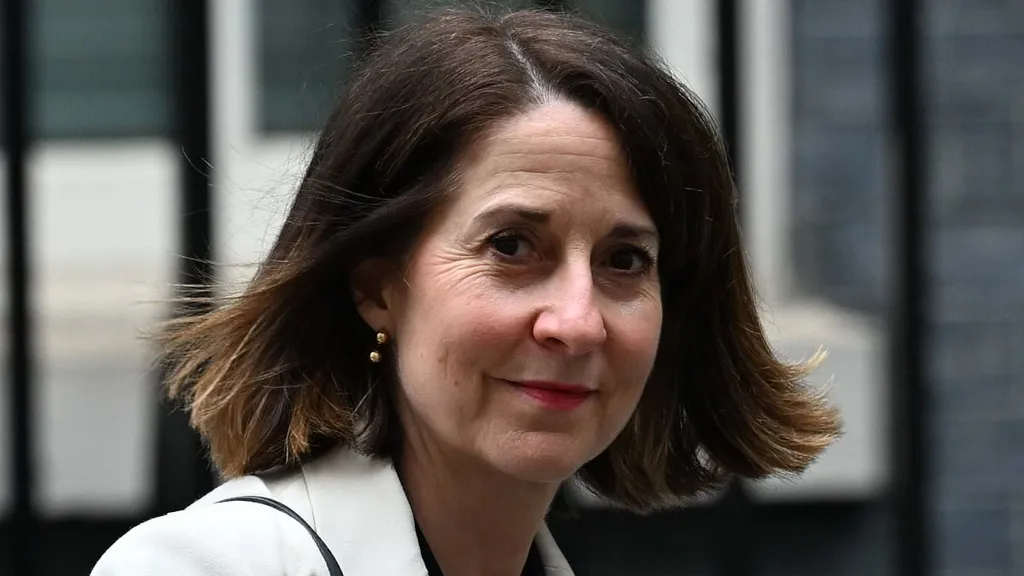Ministers are pushing through new laws to fast-track the admission of violent and disruptive pupils into academy schools.
In the latest attempt by Labour to clip the wings of academies, which are designed to be free of local authority control, schools would be directed by councils to take thousands of pupils permanently excluded for physical violence or threatening to use an offensive weapon.
Currently, they have the power to do so only if the Education Secretary rules on their behalf.
The attacks on the academies by Left-wing Education Secretary Bridget Phillipson has dismayed moderates within the party, who believe schools are more likely to flourish if headteachers are given the freedom to run them.
The School Bill would force academies to follow the national curriculum and constrain their autonomy.
Until now, the academies have had the freedom to refuse a pupil assigned by a local authority if they think it would undermine the safety or learning of other children at the school.
In the latest attempt by Labour to clip the wings of academies, which are designed to be free of local authority control, schools would be directed by councils to take thousands of pupils permanently excluded for physical violence or threatening to use an offensive weapon.
Shadow Education Secretary Laura Trott said that 'Labour are weak on discipline'
But under the Bill, councils would be given the power to force admission directly for the 5,000 children excluded for violence every year.
Shadow Education Secretary Laura Trott said: 'There have to be consequences for bad behaviour - that's real life. Labour are weak on discipline.
'They've axed behaviour hubs and voted against reporting violence against teachers to the police.
'An inclusion charter puts the needs of one disruptive child above the other 29 who want to learn. It's misguided.'
The Department for Education said: 'An academy can already be directed to accept a vulnerable pupil who has been excluded.
'The proposals would simplify this process... The purpose of the measure is to ensure vulnerable children have access to a school place in the rare instances when normal admission processes fail.'
